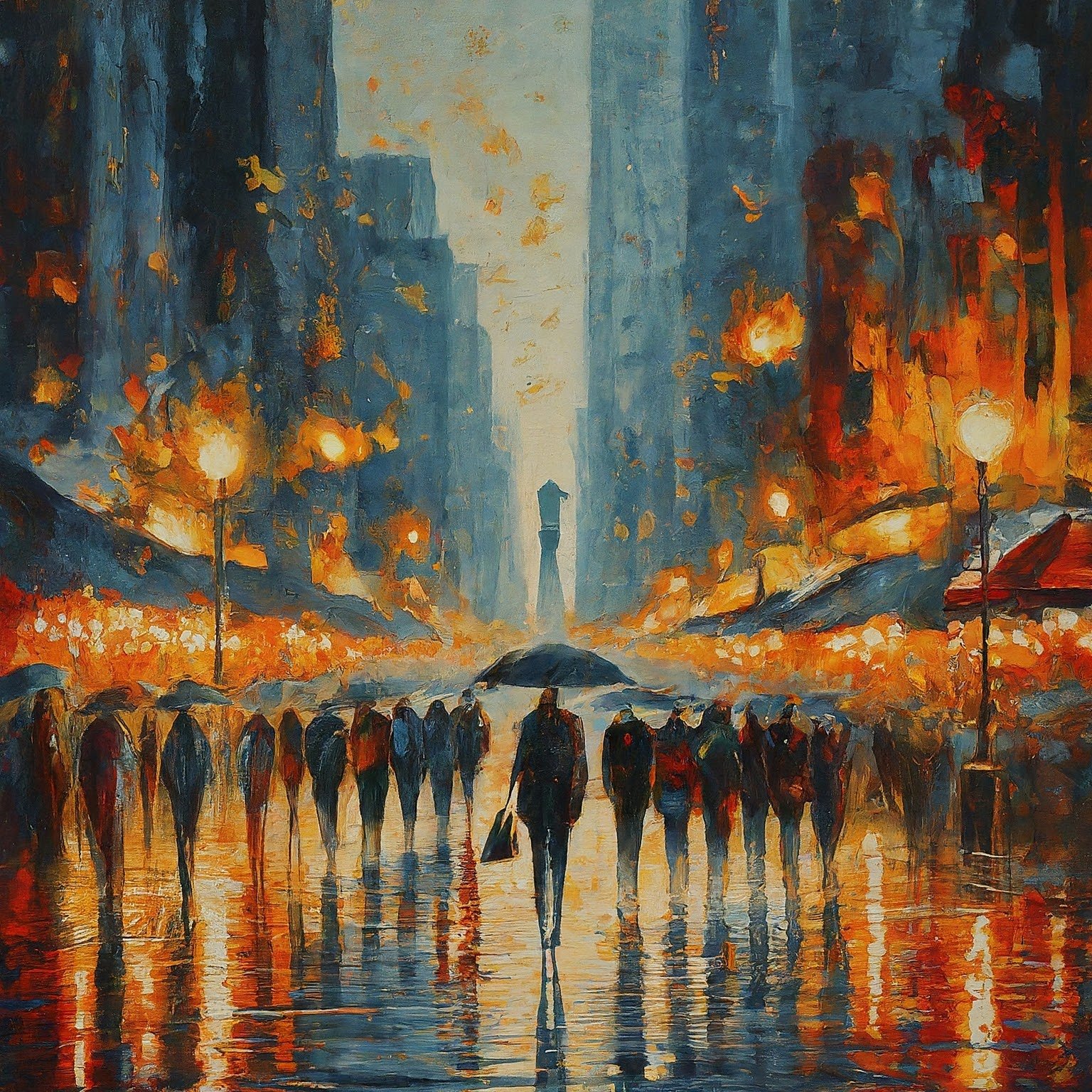
How do we navigate the massive shifts crises will cause over the next decades?
An earthquake in Mexico City spurs the rise of democracy. A terrorist attack on New York City triggers massive shifts in global security. A forgotten flood in the Mississippi Delta locks racial inequality into federal policy. A century later, a global pandemic sets the stage for the largest civil rights protests in generations – and shapes an insurrection that threatens democracy in the United States. How can crises prompt so much change – or, sometimes, prevent change from happening at all?
Beyond their physical impact, disasters assault our certainty and shape a narrow space to alter the structure of what we believe. That change can lead us toward disinformation and authoritarianism, or it can lead us toward greater solidarity and human rights. It all depends on the choices we make as we live through crisis—; on how, in fact, we choose to know each other.
In their forthcoming book The Epistemology of Disasters and Social Change, noted philosopher Jordan Pascoe and emergency manager Mitch Stripling draw on social epistemology, disaster sociology, psychology, and feminist philosophy to investigate how disasters function as cauldrons of social transformation, for good and ill. We wrestle with how disasters change us, moment by moment, and provide new strategies to help these tragic events produce positive social transformation, leading to a brighter future during this century of crisis.
Sign up here for updates on the book and accompanying podcast, Tough Shift.
A video intro by Mitch to Jordan and Mitch’s Project
The podcast is coming soon.

